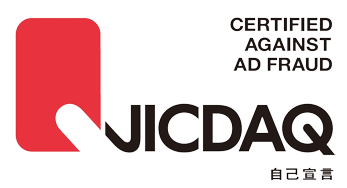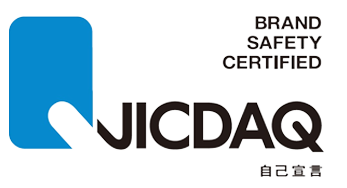















Vertrouwd door meer dan600merken

Oplossingen voor marketingbeveiliging

Bescherming tegen advertentiefraude
Detecteert automatisch frauduleuze klikken van bots en kwaadwillenden, zodat je jouw budget kunt beschermen en de prestaties kunt verbeteren.




SiteScan
Detecteert risicovolle of overbodige scripts in realtime — zodat je site snel, veilig en volledig onder controle blijft.




Bescherming tegen valse leads
Voorkom dat ongeldige leads je advertentie-optimalisatie schaden. Zorg dat je campagnes leren van echte, hoogwaardige data.




Bescherming tegen affiliatefraude
Voorkom frauduleuze affiliate-activiteiten bij de bron. Bescherm je campagnes, bespaar tijd en schaal je affiliate-marketing met vertrouwen.



Spider AF garandeert regionale
naleving
Spider AF zorgt ervoor dat je gegevens lokaal worden verwerkt en opgeslagen.
We beheren klantgegevens veilig in regiospecifieke datacenters om te voldoen aan lokale compliance- en beveiligingsnormen.

Veel gestelde vragen

Fraudeurs proberen te profiteren van valse statistieken, met technieken zoals clickfarms, click-flooding en SDK-spoofing.
Spider AF is gespecialiseerd in bescherming tegen klikfraude en biedt geavanceerde detectie- en preventieoplossingen om digitale reclamecampagnes te beschermen.
Na installatie scant en analyseert de Spider AF-Tracker apparaat- en sessieniveaugegevens, waaronder paginalocaties, verwijzingen, IP-adressen en user-agents. Geavanceerde algoritmes herkennen tekenen van botgedrag, waardoor de detectie van advertentiefraude wordt versterkt.
Onze detectiemethoden analyseren IP-adressen, user-agentgegevens en surfpatronen om frauduleuze activiteiten te identificeren en te voorkomen. Zo bereiken advertentiecampagnes uitsluitend echte doelgroepen en wordt de ROI gemaximaliseerd.
Je krijgt inzicht in alle gedetecteerde ongeldige activiteiten en toegang tot functies zoals plaatsings- en trefwoordinzichten. Spider AF houdt het verkeer op je webpagina continu in de gaten om te zorgen dat alle configuraties correct zijn ingesteld.
Whitepaper 2025
Het jaarlijkse advertentiefraude rapport 2025 biedt een datagestuurd inzicht in het evoluerende landschap van digitale advertentiefraude, gebaseerd op een analyse van meer dan 4,1 miljard klikken door Spider AF.


Verlaag verspilde advertentiekosten.
Kies voor betrouwbare advertentiebeveiliging met Spider AF.










.png)














